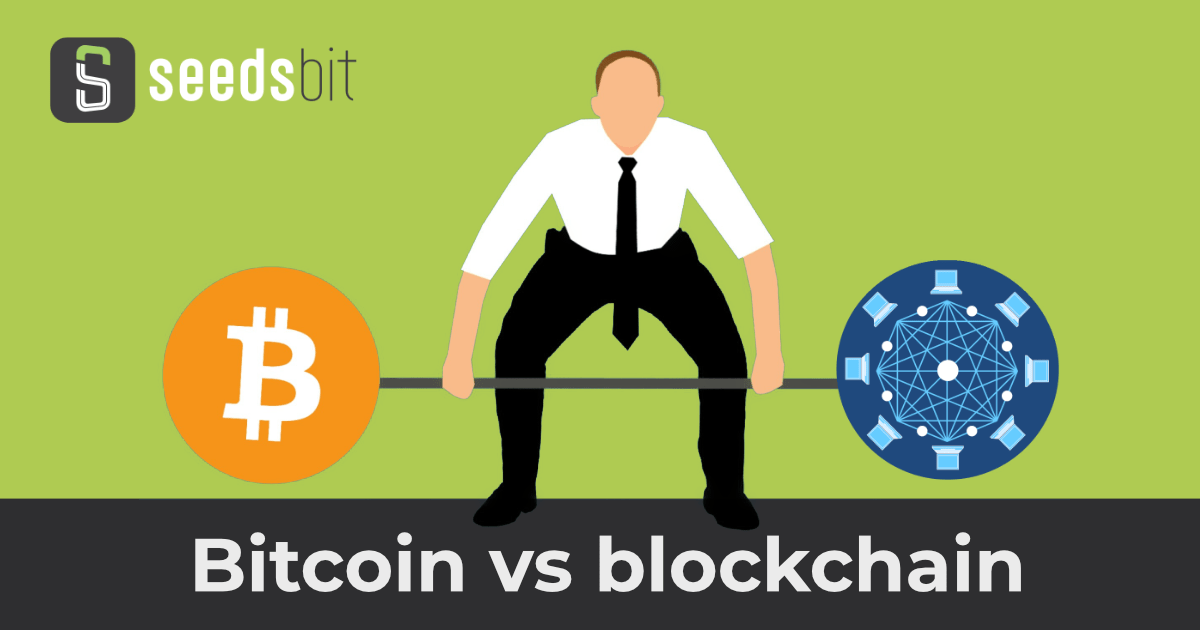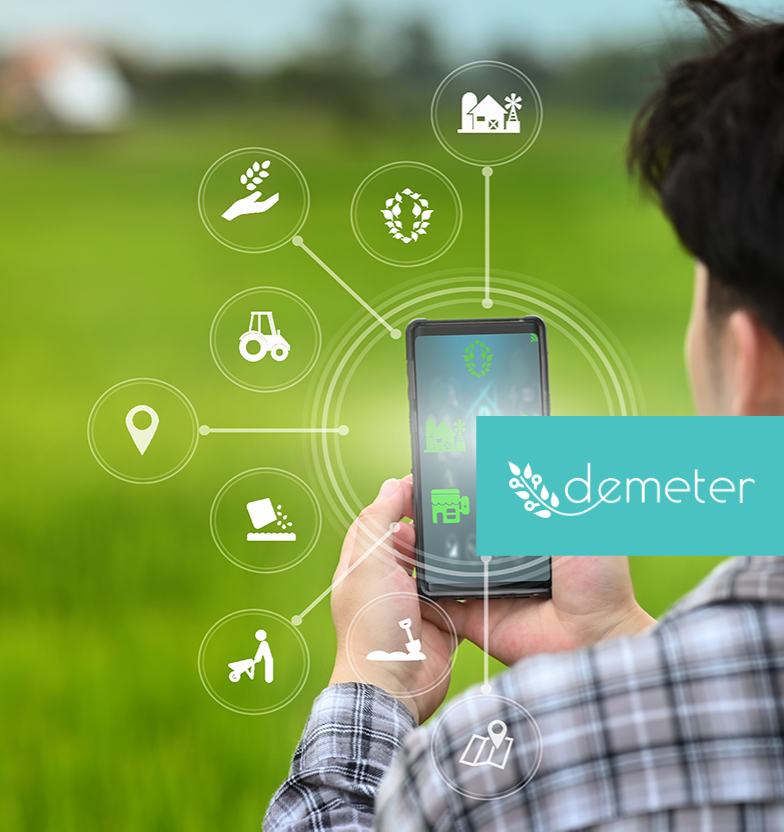The terms Bitcoin and blockchain are related to each other but represent two distinct concepts. Bitcoin was the first application based on the blockchain technology and is a decentralized system that supports a digital currency (cryptocurrency) and peer-to-peer electronic payments. Users can transfer bitcoins anonymously without the help of third party authorities (such as governments or banks)
Bitcoin or bitcoin?
The term Bitcoin with a capital B indicates the platform or the concept, while a lowercase b refers to the amount of cryptocurrency. The Bitcoin blockchain network, formed by nodes, maintains the same public register on each node, where users’ transactions are stored.
Blockchain and smart contracts
In the beginning, the blockchain was developed specifically for Bitcoin; for this reason, the two terms are often confused and used interchangeably. The blockchain is a more general concept than Bitcoin; it is not limited to just cryptocurrency trading. Its multiple uses make this technology a real digital revolution, as it happened before to the Internet. Currently, there are various blockchains, some of which allow the use of smart contracts, small software stored in the blockchain and executed on nodes. When network nodes execute smart contracts, their output is stored in the blockchain. Smart contracts are also immutable and distributed like the blockchain. They are immutable because once created, they are stored on the blockchain and can no longer be modified. They are distributed because their execution takes place on the network nodes, and each of them validates the information processed without any central authority that controls the process.
Final comparison
| Blockchain | Bitcoin |
|---|---|
| It is a distributed technology | It is a platform and a cryptocurrency built on blockchain |
| A wide field of applications with various use cases | The application field is limited to financial markets and electronic payments |
| It allows users to run different types of applications on a single decentralized platform | It simplifies and speeds up payments not being subordinate to a central authority (bank, government, etc.) |
| Different blockchain types (public, private, consortium) can manage and store data and information on any process | The preserved information relates to financial transactions |
| It is useful to exchange data between many parties | It is mainly used in peer-to-peer financial transactions |
| The mining is optional for the blockchain operation; there are consensus protocols that do not require miners for transaction verification | The mining is the key to functioning; miners add blocks to the verified transaction chain. |
| It promotes transparency | It promotes pseudo-anonymity |
| It records general asset transfers | It moves cryptocurrency |






